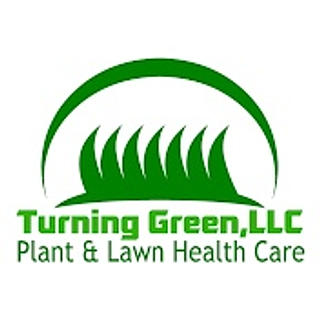How to Choose a Qualified Arboricultural Practitioner for Your Trees
- Oscar Melchor
- Nov 25, 2025
- 2 min read
Updated: Dec 3, 2025

Understanding the Importance of Selecting the Right Tree Care Professional
Value of Trees for Owners
Tree owners often recognize the significant value of their trees and want to ensure they are cared for properly.
Risks of Incompetent Tree Care
Incompetent individuals or companies can inadvertently damage valuable trees, making the choice of arboricultural practitioners crucial.
Consumer Vigilance
Consumers should be cautious, carefully examine previous work, and seek recommendations before hiring.
Identifying Different Types of Tree Care Workers
Part-Time or New Operators
Some workers are new to the industry or operate part-time. Their equipment might be minimal, such as just a pick-up truck and chainsaw.
Fully Equipped Professionals
More established practitioners use specialized equipment like bucket trucks, climbing gear (ropes and saddles), chippers, and chipper trucks.
Large Multi-State Corporations
These firms often handle large-scale work, such as utility line clearance, recognizable by their uniform trucks and machinery across regions.
Evaluating the Equipment and Business Size
Why Equipment Alone is Not a Competence Indicator
The size of the business or the sophistication of equipment does not guarantee skill or professionalism.
The Role of Professional Organizations
Membership in state or national arboricultural organizations can be a helpful sign, though not conclusive, of a firm's competence.
The Significance of Certification and Professional Memberships
Certified Arborists as a Benchmark
Firms that employ or are managed by certified arborists generally provide higher assurance of competence in tree care.
Benefits of Certification
Certification assists consumers in distinguishing qualified practitioners capable of safely and effectively caring for trees.
Professional Arborist Organizations
Many tree care professionals belong to organizations such as the International Society of Arboriculture (ISA) and others focused on tree maintenance and care.
How to Vet Your Arboricultural Practitioner
Review Previous Work
Always request photo portfolios or references from completed projects to gauge quality and care.
Ask for Recommendations
Seek input from neighbors, local gardening clubs, or tree care organizations for trusted providers.
Confirm Certification and Memberships
Verify claims of certification and check membership in reputable arborist associations.
Understand the Scope of Services
Know the type of work the professional specializes in—routine maintenance, storm damage, utility line clearance, etc.
Summary: Making an Informed Decision
Taking Time to Research
Thorough research reduces risk of tree damage and ensures your trees receive proper care.
Recognizing Professionalism Beyond Equipment
Look beyond trucks and tools; focus on qualifications and track record.
Value of Certified Arborists and Professional Organizations
Certification and memberships are strong indicators of experience and commitment to best practices in arboriculture.






Comments